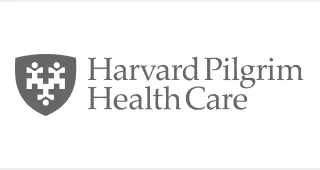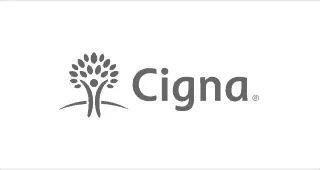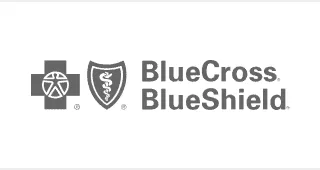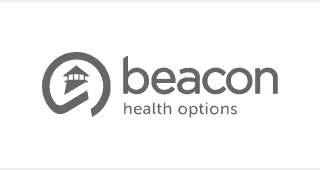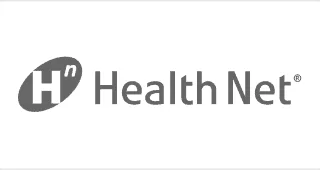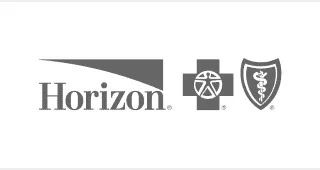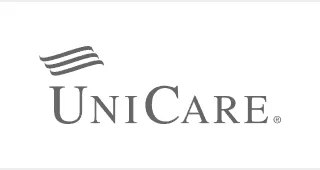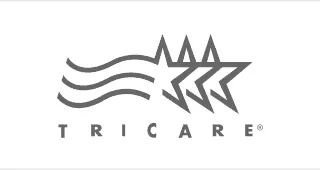What is Marijuana?
Marijuana is a dried flower of the Cannabis sativa or Cannabis indica plant. It is known by its many slang terms, such as pot, weed, grass, and chronic. When smoked, marijuana produces a psychoactive effect due to its main ingredient, delta-9-tetrahydrocannabinol (THC). This substance attaches to cannabinoid receptors in the brain, which alters the user’s mood, perception, and behavior.
According to the National Institute on Drug Abuse (NIDA), marijuana is the most commonly used illicit drug in the United States. In 2018, there were an estimated 35.6 million current users. Of those users, 4.3 million had marijuana use disorder, which is defined as problematic use that results in clinically significant impairment.
Marijuana use disorder is a real and serious medical condition that can be treated. It is important to be aware of the signs and symptoms so you can get marijuana addiction treatment if you or someone you know is struggling.
What is Marijuana Use Disorder?
Marijuana use disorder—also known as cannabis use disorder—is a diagnosable condition characterized by a dependence on marijuana. People who suffer from cannabis use disorder may feel as though they cannot function without marijuana. They may attempt to quit using marijuana but find that they cannot do so without the professional help associated with marijuana addiction treatment.
Despite significant negative impacts on one’s health and life, they will still continue to use marijuana. While marijuana may not be considered as physically addictive as drugs such as alcohol or heroin, psychological addiction can be just as powerful. Further, as with other drugs, the use of this substance leads to the development of tolerance. This means that the user will need to use increasing amounts of marijuana to feel the same effects.
Overall, Marijuana use disorder is a real and serious medical condition that can be treated. It is important to be aware of the signs and symptoms so you can receive marijuana addiction treatment if you are struggling.
The Signs and Symptoms of Marijuana Use Disorder
There are several signs that indicate the presence of a marijuana use disorder. Continuing marijuana use despite the following consequences can indicate that you are addicted to marijuana:
- Losing interest in activities: marijuana can impact motivation and decision making, leading to neglecting hobbies or completely giving them up.
- Problems at school or work: marijuana use can result in missed days, doing poorer quality work, or getting lower grades.
- Relationship problems: marijuana use can put a strain on relationships and lead to conflict. This is especially true if you are neglecting your relationships in order to spend more time using the substance.
- Being unable to stop: if you try to stop using marijuana and find that you can’t, this is a sign that you may be addicted.
- Continued use despite problems: if marijuana is causing problems in your life but you continue to use it anyway, this is another sign of addiction.
- The presence of withdrawal symptoms: when trying to quit using marijuana, the presence of withdrawal symptoms can point toward an addiction.
Marijuana Use Statistics
There are many use trends that exist regarding marijuana and its use. According to the National Center for Drug Abuse Statistics (NCDAS), more than half of Americans (at least 56%) believe using marijuana is “socially acceptable”. However, chronic users may develop a mental dependency, which can be categorized as a marijuana use disorder.
Other statistics collected by the NCDAS include the following:
- According to the National Survey on Drug Use and Health (NSDUH), the percentage of people who used marijuana in 2020 was highest among young adults between the ages of 18 and 25 (34.5%) compared with 16.3% of adults aged 26 or older and 10.1% of adolescents aged 12 to 17.
- In 2019, NSDUH data indicated that 48.2 million Americans aged 12 or older (17.5 percent of the population) used marijuana in the past year.
- In 2019, the NSDUH reported that approximately 4.8 million people aged 12 or older had a marijuana use disorder.
- On average, about 30-40 million Americans smoke Marijuana every year.
- Approximately 43% of American adults admit to trying Marijuana, while around 30% of people who regularly use Marijuana have a Marijuana use disorder.
- The average batch of Marijuana in 1990 contained less than 4% THC, but that percentage has since risen to over 12%.
- Roughly 10% of all Marijuana users will become addicted to the drug.
- 55 million: The number of American adults who currently use marijuana. (16.9%)
- Approximately half of all Americans, some 78 million people, claimed to have used marijuana at some point in their lifetime.
- The results of a Yahoo News/Marist national survey revealed that approximately 35 million Americans use marijuana on a monthly basis.
- 55 million Americans in total had reported using marijuana within the past year. The 55 million amount is actually higher than the number of active tobacco smokers, which is approximately 36.5 million, according to the Centers for Disease Control and Prevention (CDC).
- That means there are 50.68% more marijuana users than there are tobacco smokers.
- Around 17% of people who start using marijuana as minors become addicted.
- 72% of Americans say that regular alcohol use is more of a health risk than the regular use of marijuana.
- 76% of the population believes marijuana is less harmful than tobacco, while 67% of the population believes marijuana is less harmful than prescription painkillers.
The rising popularity of marijuana can be attributed to its growing acceptability in modern society. Marijuana is widely accepted as being “less risky” than other substances like tobacco, alcohol, or painkillers. Marijuana may be considered “less harmful” due to the fact that there have been 0 marijuana-related overdoses ever reported, according to the Drug Enforcement Administration (DEA).
Is Marijuana a Gateway Drug?
In some cases, marijuana can act as a gateway drug. This is especially true for individuals who are predisposed to addiction and dependency. In these instances, a marijuana user will go on to use other, more harmful drugs. This may be because marijuana desensitizes the user to the effects of other drugs, making them more likely to try them.
Additionally, marijuana is often used in combination with other drugs, which can lead to more dangerous consequences. In particular, marijuana use is linked to nicotine addiction.
Most findings do not support the gateway theory though. The majority of people who use marijuana do not transition to using other drugs that are considered to be more potent. Regardless, marijuana addiction is a real and serious problem. If you or someone you know is struggling with marijuana abuse, it’s important to seek professional help. Marijuana addiction treatment at Achieve Wellness can provide the tools and support necessary for recovery.
The Effects of Marijuana Abuse
Marijuana is commonly smoked, but may also be injected through food or drinks that are infused with THC. When ingested or smoked, THC enters the bloodstream where it is carried to the brain and other parts of the body.
In the brain, THC acts upon the brain’s cannabinoid receptors. These receptors are found in regions of the brain that influence memory, pleasure, movement, coordination, and sensory and time perception. THC’s effects on these areas lead to the marijuana “high.” The marijuana high can include:
- Euphoria
- Feelings of relaxation
- Altered sense of time
- Increased or decreased appetite
- Impaired coordination
- Difficulty with problem-solving and thinking
- Issues with recollecting memories
- Disrupted learning
Further, the effects of marijuana use can lead to problems with daily life and how a person functions. For example, marijuana use has been linked with anxiety, depression, psychosis, and schizophrenia. This is highly concerning if a person is using marijuana as a means of self-medication for an existing mental illness.
Health Risks Associated with Marijuana Use
Marijuana use can result in a number of harmful consequences to both the mind and body. These risks are increased in those who start using marijuana at a young age, as the brain is still developing.
Since many people smoke marijuana, health effects associated with the lungs and heart are common. Smoke is an irritant to the lungs and the respiratory problems that marijuana smoke causes are similar to the consequences associated with tobacco use. These can include coughing, excess phlegm, frequent chest illnesses, and damage to the immune system.
Marijuana use also increases a person’s blood pressure and heart rate. This can cause problems for those who have a pre-existing heart condition.
Recovering from Marijuana Addiction with Achieve Wellness and Recovery
If you or someone you know is struggling with marijuana addiction, there are many resources available to help you get on the road to recovery.
Here at Achieve Wellness, we offer a variety of marijuana addiction treatment programs designed to meet your unique needs. Contact us today to learn more about our marijuana rehab programs and how we can help you or your loved one start on the path to recovery.
We work with most insurance companies. Please note we are not affiliated with or endorsed by insurance companies.
No Medicaid Accepted.




